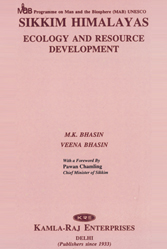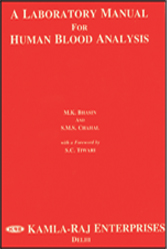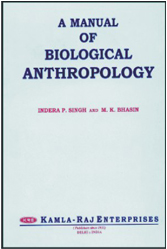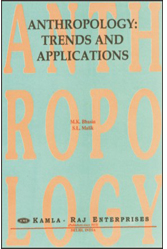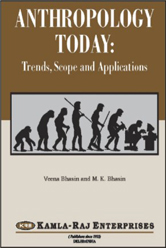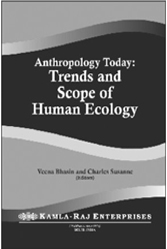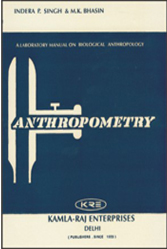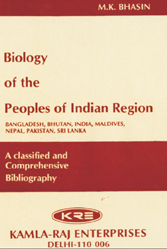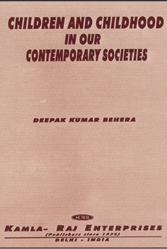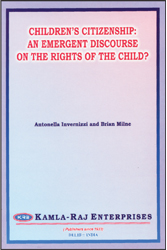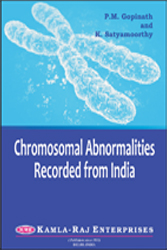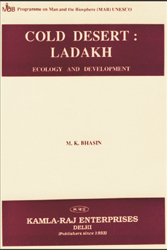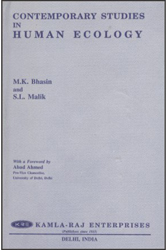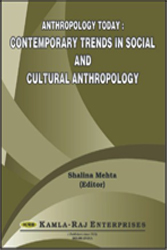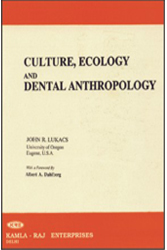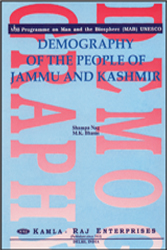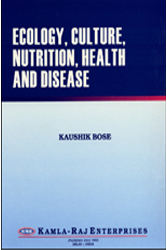SPECIAL VOLUME HUMAN GENETICS
GENETIC TOXICOLOGY
G. TALUKDER AND MADHUSNATA DE (Vivekananda Institute of
Medical Sciences, Kolkata, India)
2004• Pages: 100. Size: 180x240•
Binding: Hard• Price: US $ 35/-RS. 850/-
(Special Issue of International Journal of Human Genetics)

In any industry, the workers and the people living nearby are exposed to chemicals and gases, which are being used or discharged as effluents. Some, if not most of these, are capable of causing mutations or of causing changes in the genes of exposed populations. Such changes in the genes of an exposed person may lead to sterility and cancer and to inherited defects in the next generation. While there are many available tests for identifying overt toxic effects on human beings like allergy, irritation, infections etc., very few tests are available for measuring the genotoxic effects. This is because the knowledge about genotoxic effects is relatively vague and also because man has a rather longer life span than experimental animals and the alterations found can not be directly related to the cause. Genotoxic effects have been reported by many work place chemicals, like effluents and chemicals from industries manufacturing shoe, tyre, paints, varnish, steel, pottery, ceramics, dyes, pesticides, detergents and in tin plating, mining, road repairs etc. The incidence of cancer, sterility, foetal loss and immunodeficiency are only a few conditions, which are considerably increased due to genotoxic hazards. It is hoped that topics discussed in this special issue by various experts in the field would be useful to its readers.
